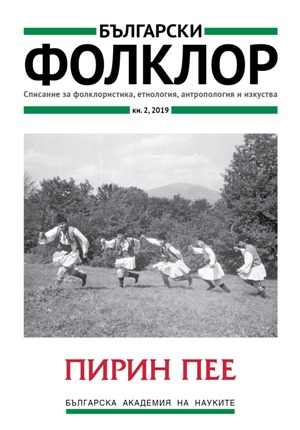
We kindly inform you that, as long as the subject affiliation of our 300.000+ articles is in progress, you might get unsufficient or no results on your third level or second level search. In this case, please broaden your search criteria.


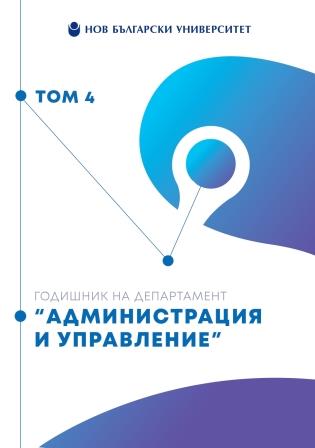
This article reflects the results of a study that seeks to answer the question: how to create a sustainable workplace by managing differences and incorporating diversity from people. The three main aspects of the problem are discussed - institutional, ethical and managerial. Guidelines for building a sustainable workplace with shared tolerance for diversity are given, summarizing the essential circumstances that help build a unique corporate model for a sustainable workplace.
More...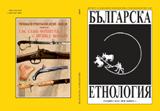
The article analyses the contemporary role of the elderly in a village community through the lens of the local notions and practices related to “Islam“ and“communism“. These two ideological commitments can be found only among the elderly people. The members of the younger generations show respect but also stay at significant distance from religious practice. They unanimously consider communism as an ideology that is fading away. In spite of this lack of engagement, over the past three decades, the tensions between the local expressions of Islam and communism, as well as their numerous entanglements, have played a key role in shaping social relationships, moral reasoning and community cohesion in the village. The article is based on ethnographic fieldwork conducted in a village located in the southern part of the central Rhodope Mountains.
More...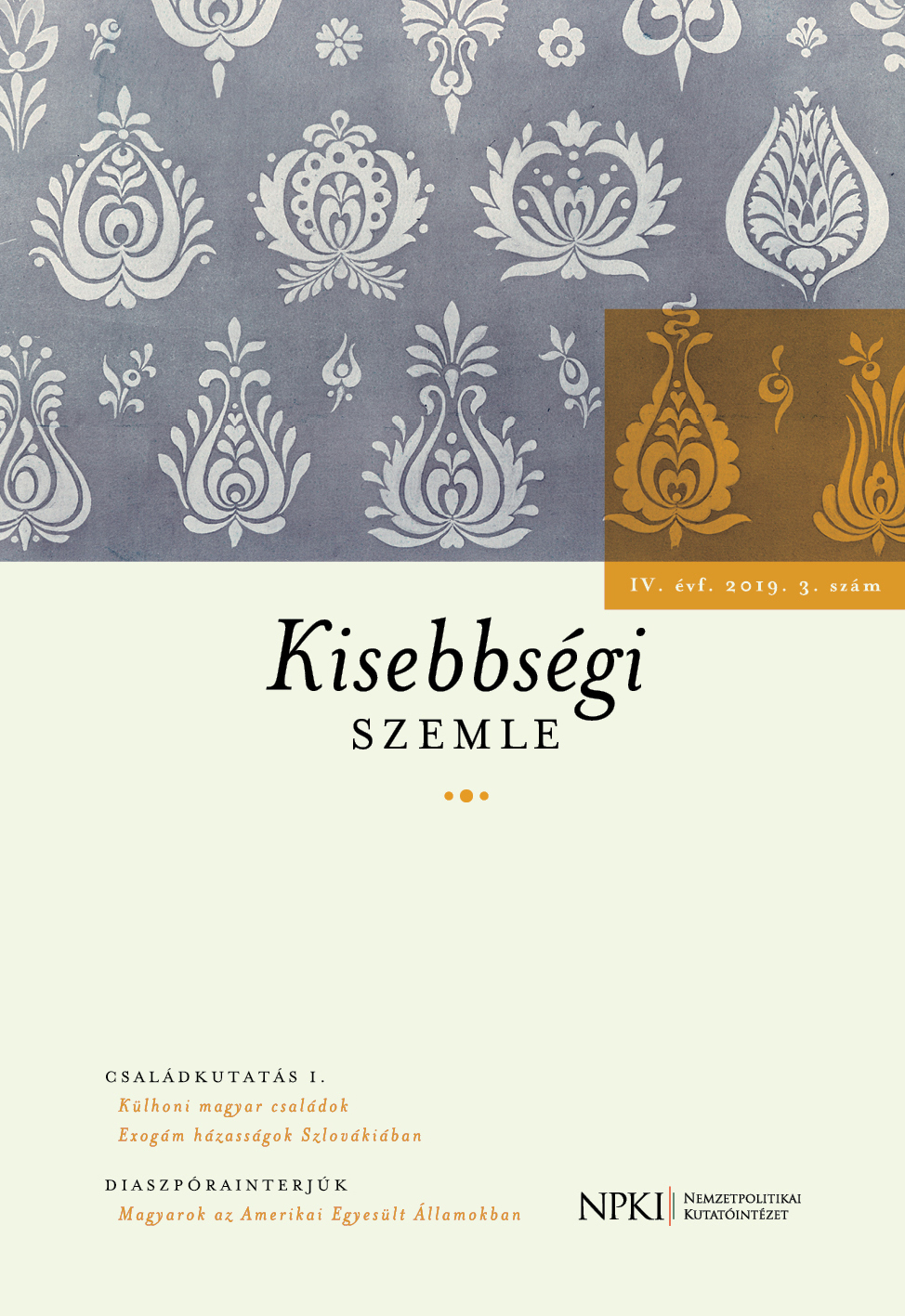
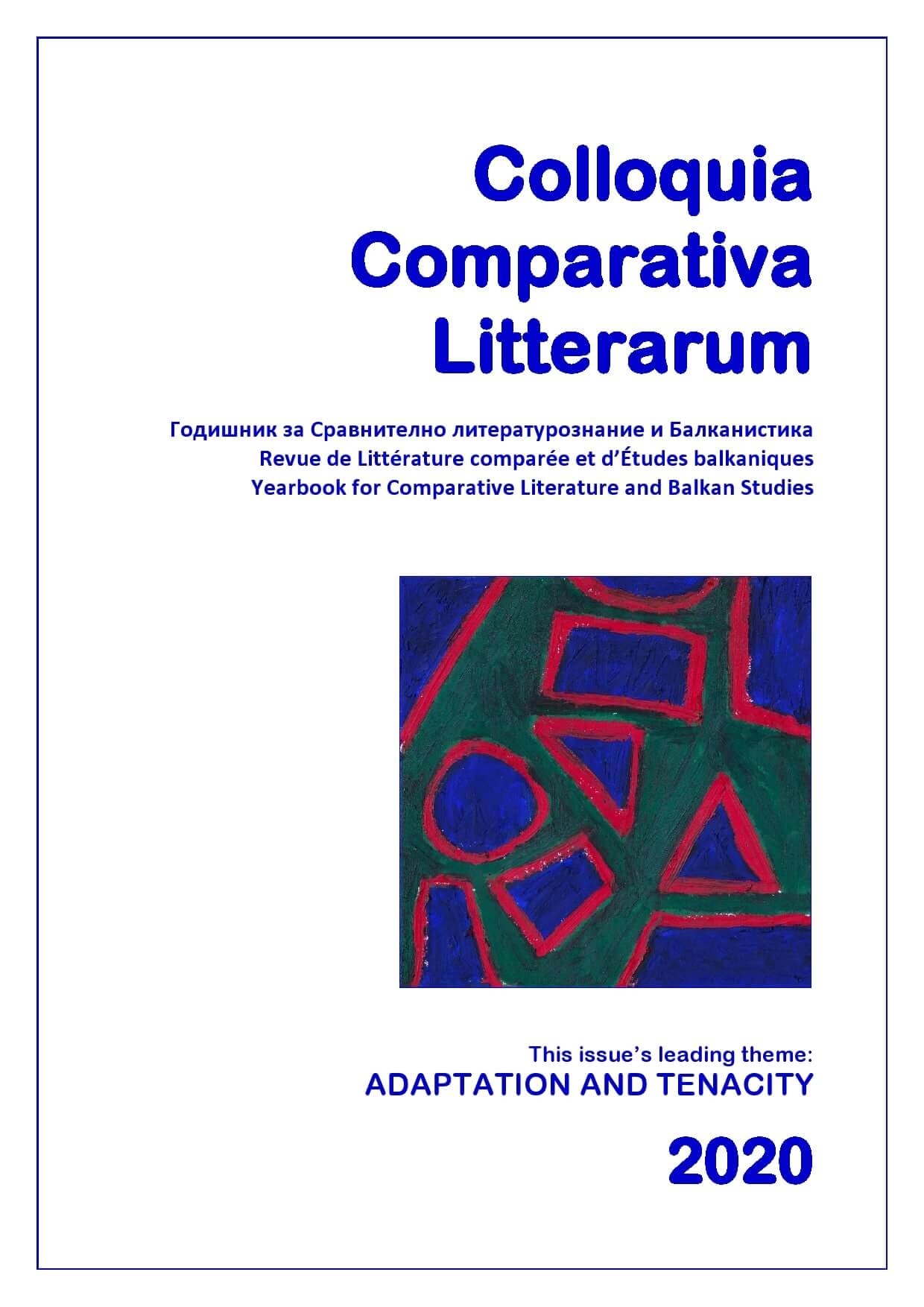
The topic of the paper is the interrelation between two ideological constructs: the figure of Prometheus and the so-called Black Sea region. Both of them represent, in specifically transformed versions, primary ideas and realities that lack the additionally attributed coherence of the later concepts currently in use. It aims to explore the key ancient myth of Prometheus in comparative perspective juxtaposing the stable presence it retains in the Western cultural imagination with its life in the Black Sea region, where this myth initially emerged. It focuses specifically on the underestimated political mobilization of the Prometheus myth in the construction of national identities and in the manufacturing of various ideologies. The different, often conflicting versions are analysed in diachronic perspective that provides observability of the potential paradigm shifts in the conceptualizations of the Prometheus figure.
More...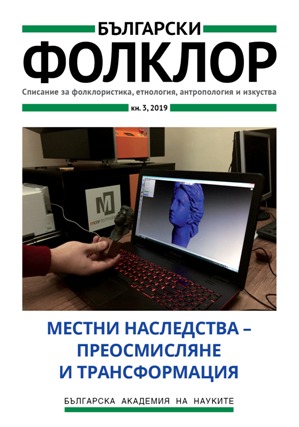
The word “monastirya” is not just a dialect variant, meaning a place (an old place), relative to the knowledge of a monastery that existed or still exists. It has a generalizing emotionally-assessing aspect, regarding the place and the function of the religious Christian monastery in the local memory. The stress in it is the statement that these are monasteries from the age of the Bulgarian kingdom.The topos “monastirya” dynamically produces the process of the ethnic and religious identification and self-identification on the grounds of a particular cult. In this same sense, there is also a variant of designation not only of Christianity. Even places, related to the Islam and most often – tekkes – are also referred to as monasteries. The cult has specific dynamics in time and grows with numerous legends and traditions. They motivate its vitality in the past by the particular character of its realization in sites that have really existed and which, in many cases, have been obliterated in the real space. Nevertheless, even today they still have their place and vitality namely as knowledge.The information that has been preserved and the local knowledge about the Little Sliven Holy Mountain confirm the place and function of the topos “monastirya” in the cultural space. Today, it is the vitality of this knowledge that lies at the root of re-creation of sites which have once existed.
More...
The article comments the semantics and the functions of Thracian metal engravings in the collection of the Regional History Museum – Sliven, acquired predominantly throughout the study of some rich graves in the region of Sliven. Marriage is a form of transition from a particular social status to a different one. Through the marriage the hero joins the goddess and turns into a god-man – the highest position in society which is available only for the king. From ideological point of view wedding is a form of choosing of the ruler by the god. The ritual burial of female objects might be interpreted as a sacred symbolic signifier of a marriage between the diseased ruler and the Great Goddess. Its meaning implies the new birth of the ruler after his death. The elements of the opposition birth-death in the mythological consciousness are equal as elements of the general structure of the rites of birth, marriage, death. This is necessary in providing the main eschatological reason for the existence of the tomb as a cult building – to secure a new birth of the deceased ruler in the outer world.
More...
The current text examines the museum representations of Hadzhi Dimitar, Stefan Karadzha, Zahari Stoyanov and Panayot Hitov, whose life connects the areas of Ruse and Sliven. The research is based on observations over four house museums – “Hadzhi Dimitar” in Sliven, “Zahari Stoyanov” in Medven and in Ruse, and “Baba Tonka” in Ruse. These examples display ambiguous presentations of the heroes’ biographies, based on the availability or the absence of a memorial house to the character. The type of presentation is contextualized with the settlement’s history, which in this case appears as an environment for the “spiritual growth” of the hero. The absence of a memorial house leads to a fragmented presentation of the image, turning it into an addition to the main topic.
More...
Sharing heritage is an important process in society, where a narrative makes transmission and turns in a vehicle for the understanding of both past and present. The text presents the contemporary practices of object oriented museology. Using the exhibits with history in Russe Museum, an exposition and museum educational module are produced. On the basis of the principles of the co-participatory museum, a dialogical environment is built in which the artefacts are not only witnesses of time, but also an inspiration for creativity. Russe Museum explores the relationship between cultural heritage and local development with the participation of the Museum as an environment for communication between different social actors, local communities and shared knowledge. In this process object oriented museology gives the possibility to re-conceptualize the ways of change of the approaches connected to communication through heritage. In its core stays the active public, which is part of the local community.
More...


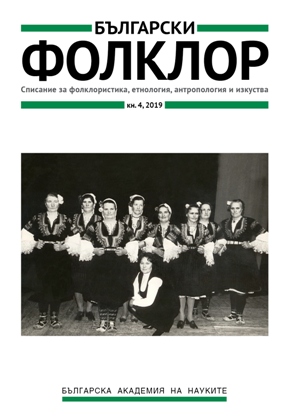
The present article is an attempt to reveal the everyday diaspora nationalism of the Bulgarians who live beyond the national borders of their country. Using the methodological advantages of the live history, the author throws light on the relations between the personal and the community dimensions and of the personal and the national in particular. The aim is to find the transection of these trajectories as far as they have their conceptualization and articulation in the narrative sequence. The life history of a Bulgarian migrant – the basketball coach Hristo Kostov – is analyzed following the different thematic nuclei in his personal autobiography and their relations with the themes of Bulgaria, the Bulgarians and the Bulgarian. Thus the article outlines from the one hand, the personal dimensions of the national as a subjective experience, and, from the other hand – the interpretation of the personal choices and of the human fate within the national.
More...
During the twentieth century, the male dance verbunk in the village of Kóny, initially performed in traditional lad societies as part of the local heritage, became a staged attraction. Between the two world wars, the Kóny verbunk was performed in the village as a representation practice of the lad societies and, as such, besides maintaining the group identity, served to indicate the spatial segregation and social differences within the local community. The decade after the Second World War brought the socio-economic transformation of local society in line with national processes. The relational network on which lad societies had been based was suppressed. In the first half of the 1950s, along with the persisting practice of the lad guilds, the verbunk became increasingly a staged spectacle for the community. At the same time, it should not be ignored that, under the supervision of the local authorities, the phenomenon shifted from the framework of church holidays to the field of political celebrations.
More...
The article analyses the UNESCO 2003 Convention for the Safeguarding of Intangible Cultural Heritage and the basic documents related to it with a view of analyzing of the content of the notion of community within these documents. The author finds the lack of a stable definition of community and at the same time outlines its basic characteristics as they are present in the mentioned above documents.
More...
The article represents the folklore groups created in the second half of the 20th century. They allow for the local village tradition (preserved as a living practice of its bearers) to enter the local chitalishte. The analysis of the filed-work research in the villages of Bistritsa (Sofia City Municipality) and Alino (Samokov Region) reveals different aspects of the relation between chitalishte institution and intangible cultural heritage in the changing social and cultural contexts, as well as in relation to the changing cultural policies. Thus the article offers an anthropological point of view to the transmission of traditional knowledge, skills and experience in chitalishte environment.
More...
Poprelka in the village of Breznitsa, Gotse Delchev Region is an event deeply related to the tradition as far as its model and content are concerned, but at the same time it represents the contemporary condition of the local culture. This is the place for the performance of the well-preserved, “living” traditional musical folklore in the natural environment. The article is an attempt to typologize the intonational models of women two-part singing in Breznitsa, which is interesting because of the still existing specifics of the ancient musical thinking in the present. The scholarly research on which the article is based was provoked by fieldwork observation allowing for the accumulation of detailed knowledge about the processes of development and change thus functioning as a key to the understanding of the immanent specifics of the traditional Bulgarian culture.
More...
Ethno-entrepreneurship is a characteristic mechanism for declaration of ethnic and cultural identity and a specific resource for the safeguarding of cultural heritage. The present text is an attempt to reveal how the Russian ethno-entrepreneurship is emblematized as an ethnic entity in the social environment in Bulgaria due to its media positioning. Here one should take into consideration that the representatives of this characteristic social category are naturally a part of the Russian community in Bulgaria and have to be analyzed within its parameters of being.
More...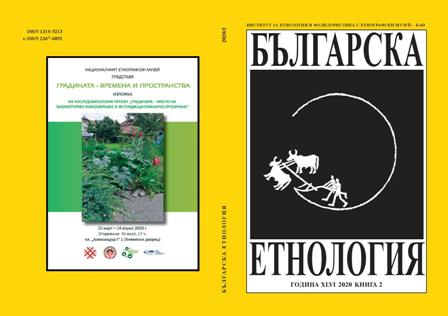
The article presents a case study of a particular part of the Bulgarian-North Macedonian border – the border regions of Petrich, Republic of Bulgaria, and Strumica, Republic of North Macedonia. The study is focused on the level of everyday experience. Its aim is to study how in their everyday life and transborder experience the people from the border regions adapt to the changing border regime and do this alter their“traditional” forms of contact. After the setting of a state/political border between the regions of Petrich and Strumica, the people adopt a pragmatic approach to this border and the life in the context of borderness. The pragmatism in the transborder contacts is not a particular form of relations rather one of their features which expends its range and significance in the course of time. The various layers of relations transform into tools for solving pragmatic issues in everyday life in the border regions, i.e. the pragmatisation turns into a peculiar form of adaptation to the border. At the same time, the pragmatic attitude towards the border rearranges to a certain extent the different layers of the traditional relations putting the family, kin, friend and cultural ties aside. Nevertheless, as long as they function as tools for solving pragmatic issues, they remain and revitalize.
More...